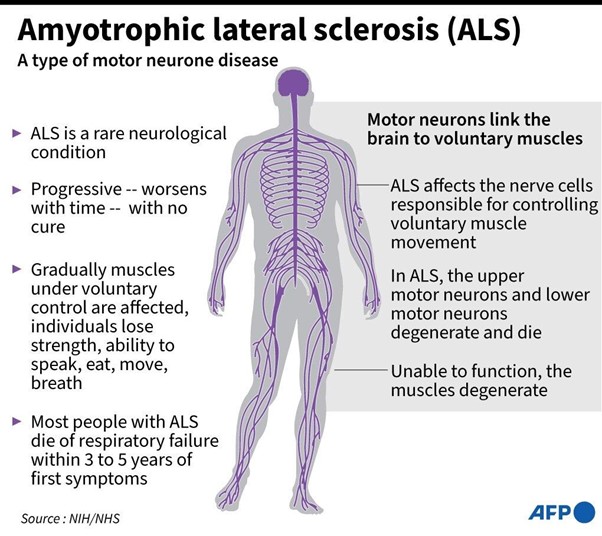A nurse is providing client teaching about the basal body temperature method of birth control. Which of the following information should the nurse include in the teaching?
"Your body temperature will drop approximately 1 degree 1 week after ovulation."
"You should take your body temperature each evening prior to going to sleep."
"Your body temperature might decrease slightly just prior to ovulation."
"Your body temperature is at its highest during menstruation."
The Correct Answer is C
A. This choice is incorrect because the body temperature does not drop 1 degree 1 week after ovulation. The body temperature rises slightly (about 0.4 to 0.8 degrees Fahrenheit) after ovulation and remains elevated until the next menstrual period.
B. This choice is incorrect because the body temperature should be taken each morning before getting out of bed or doing any activity. Taking the temperature in the evening can result in inaccurate readings due to variations in daily activities, meals, stress, exercise, etc.
C. This choice is correct because the body temperature might decrease slightly (about 0.2 degrees Fahrenheit) just prior to ovulation due to a surge in estrogen levels. This dip in temperature can indicate that ovulation is about to occur and that the client should avoid unprotected intercourse if she wants to prevent pregnancy.
D. This choice is incorrect because the body temperature is not at its highest during menstruation. The body temperature drops at the onset of menstruation due to a decline in progesterone levels and marks the beginning of a new cycle.
Nursing Test Bank
Naxlex Comprehensive Predictor Exams
Related Questions
Correct Answer is {"dropdown-group-1":"B","dropdown-group-2":"D"}
Explanation
The client is at highest risk for developing hypocalcemia as evidenced by the total calcium level of 8.0 mg/dL (normal range 9.0 to 10.5 mg/dL).
Explanation:
After a total thyroidectomy, there is a risk of hypocalcemia due to potential damage or removal of the parathyroid glands, which regulate calcium levels in the body. The laboratory result indicating a total calcium level of 8.0 mg/dL, which is below the normal range, supports this risk. Hypocalcemia can lead to symptoms such as tingling, muscle cramps, or more severe complications like cardiac arrhythmias if not addressed promptly.
Correct Answer is C
Explanation
Choice A option:
Dietitian should not be consulted: The dietitian is an essential team member and will work closely with the client to ensure proper nutrition and dietary management. However, in the context of dysphagia, the speech-language pathologist's expertise is needed to determine safe swallowing strategies and food modifications.
Choice B option:
Physical therapist should not be consulted: The physical therapist focuses on maintaining and improving the client's physical function and mobility. While important in ALS management, the physical therapist's role is not directly related to the immediate issue of dysphagia.
Choice C option:
The speech-language pathologist is the correct answer because it specializes in assessing and treating communication and swallowing disorders. In this case, the speech-language pathologist is essential in evaluating the client's swallowing function, recommending appropriate dietary modifications (texture and consistency of foods), and implementing swallowing exercises or strategies to improve swallowing safety.
Choice D option:
Occupational therapist should not be consulted: The occupational therapist assists clients in regaining or maintaining independence in daily living activities. While the occupational therapist may address some aspects of mealtime activities and adaptive strategies, the speech-language pathologist is more specialized in evaluating and treating swallowing difficulties in clients with ALS.

Whether you are a student looking to ace your exams or a practicing nurse seeking to enhance your expertise , our nursing education contents will empower you with the confidence and competence to make a difference in the lives of patients and become a respected leader in the healthcare field.
Visit Naxlex, invest in your future and unlock endless possibilities with our unparalleled nursing education contents today
Report Wrong Answer on the Current Question
Do you disagree with the answer? If yes, what is your expected answer? Explain.
Kindly be descriptive with the issue you are facing.
